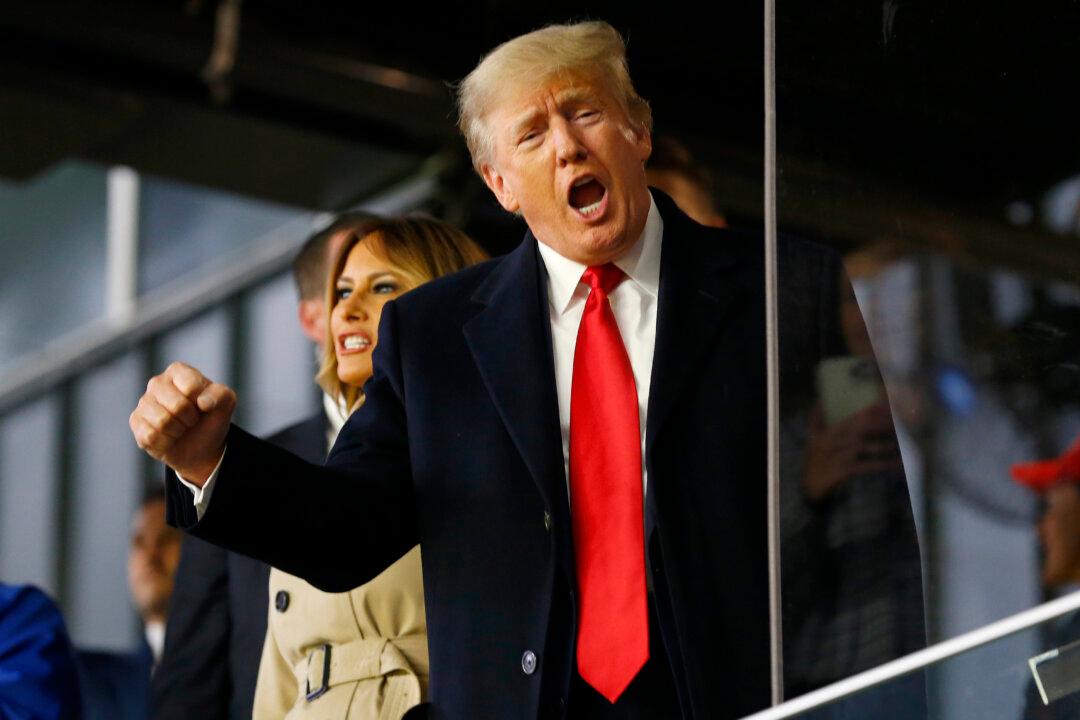Commentary
The U.S. political establishment appears to be sleepwalking toward the still almost unbelievable likelihood of Donald Trump’s return to the presidency.

The U.S. political establishment appears to be sleepwalking toward the still almost unbelievable likelihood of Donald Trump’s return to the presidency.